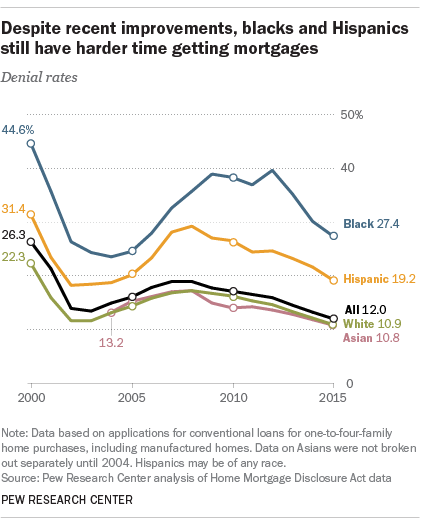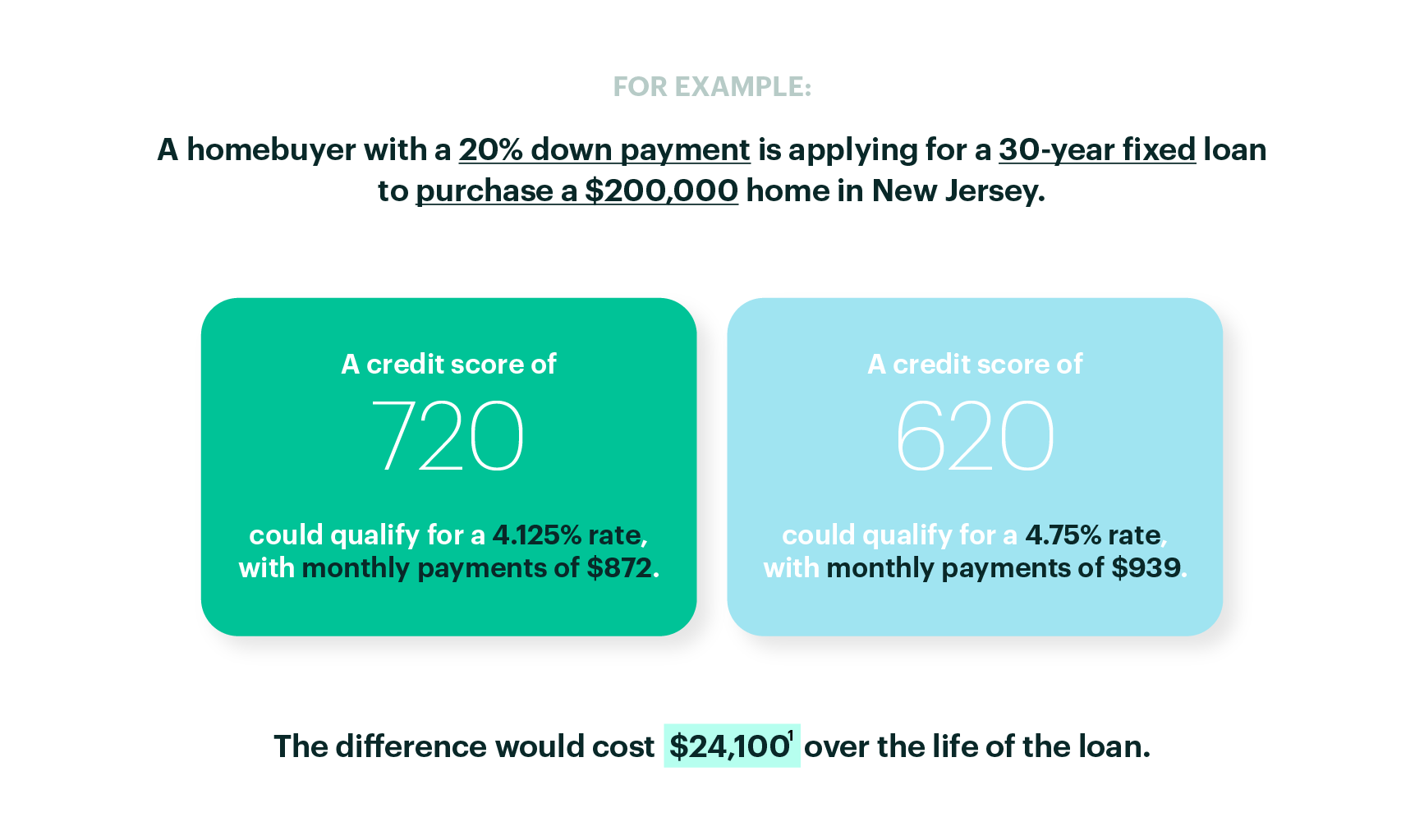45( a). Charging unearned costs might be considered misleading for the following factors. Initially, by incorrectly representing on the HUD-1 Settlement Declaration that points are discount points, a financial institution could misguide clients into believing they were receiving a discount rate off the par interest rate. When assessing the facts, examiners might think about whether loan officers https://tricustm64.doodlekit.com/blog/entry/14397543/how-many-types-of-reverse-mortgages-are-there-things-to-know-before-you-get-this understood, prior to loan closing, what the rate of interest reduction must have been relative to the discount rate points charged and whether debtors were notified that either the discount rate fees would not result in a proportional discount rate in the interest rate or that no discount rate would be offered.
Lastly, the misrepresentation would be thought about product if it worried a sufficiently big amount of unearned costs or impacted a big group of debtors. Claims made with the knowledge that they are false need to be presumed to be product. For example, a banks's knowledge that charges divulged as discount points on a HUD-1 Settlement Statement were not, in fact, resulting in a commensurate discount to debtors would be presumed material (what is today's interest rate for mortgages).
Charging unearned discount points can also have reasonable loaning implications. If a financial institution charges discount points without really reducing the rate and the practice has an illegal disparate effect, the practice could violate the ECOA, as carried out by Guideline B, and the FHA. Guideline B forbids discrimination against a candidate on a restricted basis (race, color, faith, national origin, sex, marital status, age, receipt of public assistance, or exercising rights under the Customer Credit Defense Act) concerning any element of a credit transaction.
1002. 4( a). As described in the Authorities Staff Commentary, the ECOA and Regulation B "might prohibit a creditor practice that is inequitable in effect because it has timeshare refinance a disproportionately unfavorable effect on a forbidden basis, despite the fact that the financial institution has no intent to discriminate and the practice appears neutral on its face, unless the financial institution's practice meets a legitimate organization need that can not reasonably be achieved as well by means that are less diverse in their effect." Likewise, area 3605 of the FHA prohibits discrimination in domestic realty deals since of race, color, religious beliefs, sex, handicap, familial status, or nationwide origin.
In many cases, loan officers charged customers discount rate points without a commensurate reduction in the note rate. A statistical analysis of the customers exposes that the practice had a diverse influence on Hispanic customers. Of the 100 Hispanic borrowers, 40 paid unearned discount points (40 percent). Of the 80 non-Hispanic white customers, 20 paid unearned discount points (25 percent).
What Is The Current Interest Rate For Commercial Mortgages Can Be Fun For Everyone

This distinction is statistically significant at the 5 percent level. If the creditor in this scenario can not offer a genuine company reason for these variations, the practice might constitute a pattern or practice of credit discrimination in infraction of the FHA, the ECOA, and Guideline B. Section 706( g) of the ECOA, 15 U.S.C.

Department of Justice when a federal banking agency has factor to think that a creditor has actually violated area 701( a) of the ECOA by taking part in a pattern or practice of discrimination and offers discretionary recommendation authority for specific offenses of section 701( a), 15 U.S.C. 1691( a). In Freeman v. Quicken Loans, Inc., 132 S.
2034 (2012 ), the U.S. Supreme Court just recently narrowed significantly the circumstances in which an unearned fee will breach area 8( b) of the Realty Settlement Procedures Act (RESPA). The Supreme Court unanimously concluded, based on the statutory language, that an area 8( b) violation for an unearned fee need to involve "a charge for settlement services [that] was divided in between two or more persons." Due to the fact that the plaintiffs in Freeman did not allege that Quicken split discount points with anyone else, the court verified the dismissal of the case.
On August 17, 2012, the CFPB released a rulemaking proposition under Policy Z to implement home loan provisions in Title XIV of the Dodd-Frank Act, including an arrangement in area 1403 restricting discount points. To safeguard consumers while enabling lenders to continue offering home mortgages with discount points, the CFPB proposed two requirements for discount rate points.
Second, the selling a timeshare borrower needs to get a bona fide decrease in the rate of interest of the loan with discount points compared to the rate of interest on the alternative loan without discount points. Talk about the proposal are due by October 16, 2012. The CFPB anticipates to issue a final guideline by January 21, 2013, as required by section 1400( c)( 1) of the Dodd-Frank Act.
Excitement About What Is The Current Interest Rate For Va Mortgages
Policies, procedures, and controls related to home loan rates need to be adequate to prevent loan officers from representing to customers that the rate was decreased because the borrowers purchased discount points without in fact reducing the rate. A loan provider's rates policy or guidelines must specify and state that loan officers are restricted from charging discount points that do not lead to a proportional lowering of the rates of interest.
Nevertheless, charging unearned discount points can lead to violations of laws and regulations and increased legal and reputational dangers for banks - what are interest rates today on mortgages. Such violations might likewise result in needed remediation to affected borrowers and other supervisory actions, including a possible referral to the U.S. Department of Justice if there is a fair financing infraction.
House loans can be found in variations of these categories, and home loan rates can differ by loan type: include home mortgages insured by the Federal Real Estate Administration (FHA loans) and mortgages ensured by the Department of Veterans Affairs (VA loans) and the Department of Agriculture (USDA loans). These loans have lenient qualification requirements and are appealing to newbie home purchasers.
tend to be plain-vanilla house loans that fulfill credentials set by home mortgage giants Fannie Mae and Freddie Mac. They normally have higher minimum credit rating than government-backed loans. Mortgage rates for these loans can be beneficial due to the fact that lenders normally believe they are lending to lower-risk borrowers (what does ltv stand for in mortgages). A fixed-rate loan has one interest rate over the life of the mortgage, so that the monthly principal-and-interest payments remain the very same till the loan is settled.
ARMs generally start with a low rates of interest for the first few years, however that rate can go higher. MORE: The term is the variety of years it will take to pay off the home mortgage. The most common mortgage term is 30 years. Another choice is the $115-year term, which is popular for refinancing.
The Ultimate Guide To Which Banks Offer Buy To Let Mortgages
However over the loan's life, you pay more interest on a term than a 15-year term because you're making two times as numerous payments. Shorter-term mortgages normally have lower home mortgage rates than long-term loans. Customers might pick other terms, such as 20 or ten years. There is a limitation on the size of a loan that Fannie Mae and Freddie Mac will back.
The adhering limitation differs by county and may be adjusted annually. A is a home mortgage for more than the conforming limitation. The lending criteria tend to be stricter for jumbo loans: They often need greater minimum credit history, down payments and debt-to-income ratios than conforming loans. Again, lending institution risk drives your mortgage rate here.